Over the past decade, Vietnam has made efforts to implement solutions to form a national startup ecosystem. The basic institutional foundations for innovative startups have been built.
Organizations and networks to support, develop the community, and promote creative startup culture have been established. From there, attracting the participation of creative startups, small and medium enterprises, universities, research institutes, investment funds, etc.
Therefore, Vietnam is considered a country with an outstanding startup community in the region. The proof is that in 2024, Vietnam increased 2 places in the Global Innovation Index compared to 2023, ranking 44/133 countries and economies (announced by the World Intellectual Property Organization).
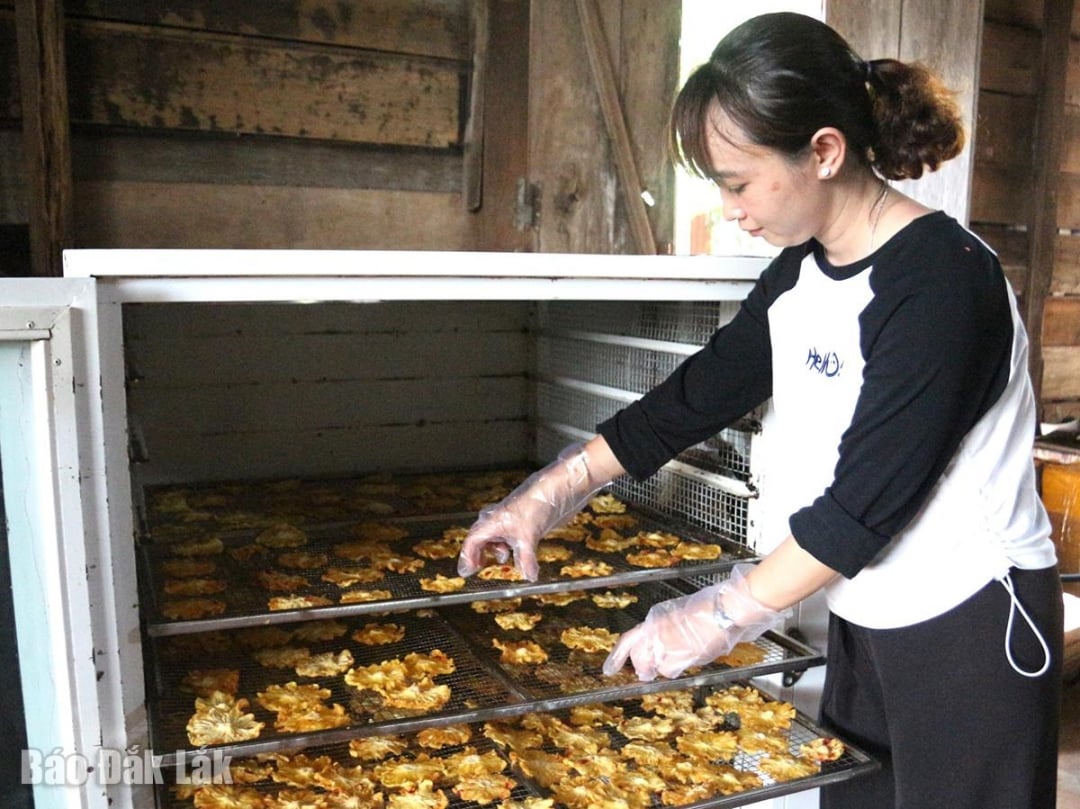 |
| The agricultural and food service sectors still attract many investors. ( In photo: Startup Pham Thi Nga (Ea Mnang commune, Cu M'gar district) started a business with a fruit drying model). |
For Dak Lak , the province's innovative startup ecosystem has been shaped. Activities to support innovative startups and business startups have created positive effects, contributing to building a Dak Lak startup ecosystem that develops in depth, making a big impression, spreading the startup spirit throughout the province and the Central Highlands region. Standing Vice Chairman of the Provincial People's Committee Nguyen Tuan Ha said that Dak Lak is highly appreciated by ministries and branches and is recognized as one of the provinces with a vibrant startup movement. Project groups/startup enterprises in the province are increasingly growing in quantity and quality; a number of typical startup projects are increasingly developing, gaining a foothold in the domestic market and some countries in the region. Currently, startups are continuing to research and launch many new product lines with export value to international markets.
Currently, the country has more than 4,000 innovative start-up enterprises; more than 1,400 start-up support organizations; 202 co-working spaces; 208 investment funds; 35 business promotion organizations; 79 incubators; about 170 universities/colleges operating innovative start-ups; and more than 20 innovative start-up centers have been established locally and nationally. |
However, according to experts' forecasts, in 2025, startups will face many risks due to unpredictable market fluctuations and the impact of trade wars and political instability in some countries and regions. Notably, the capital flow of venture capital funds has not yet returned to abundance. In addition, investors will be more cautious when deciding to "put money" to invest in a new startup project. Instead, they will focus more resources on developing their existing businesses.
A startup from a green startup project in Buon Ma Thuot City shared that green economic projects are having to compete directly on price with old technology products. Meanwhile, these projects must have technological breakthroughs to solve many problems at the same time, from reducing environmental pollution to reducing production costs, not just focusing on the “green” issue. Currently, the government does not have any support policies for “green” production enterprises, so startups have to “do it themselves” in mobilizing capital as well as investing in technology.
In early 2025, a report by VinVentures Technology Investment Fund (Vingroup Corporation) on trends in 2025 pointed out three important factors affecting investment decisions.
The first factor mentioned is that high interest rates will continue to influence investment decisions, causing investors to focus on safe and stable assets, instead of risky opportunities. The next factor is that the trend of sustainable development will dominate business strategies in 2025.
This is due to changing consumer demands, increasingly stringent regulations and changing investor demands. Companies that focus on green initiatives, renewable energy and ESG strategies will attract greater attention and more investment capital.
Ultimately, the trend of prioritizing profits over growth will become central. As investment conditions become more stringent, investors will focus on companies that can generate sustainable profits, with cost-effective models and stable business strategies.
Startups need to shift from focusing solely on strong growth to ensuring financial stability and clearly planning the path to profitability. These factors will act as a “compass” to guide the startup’s path to be able to access investment funds.
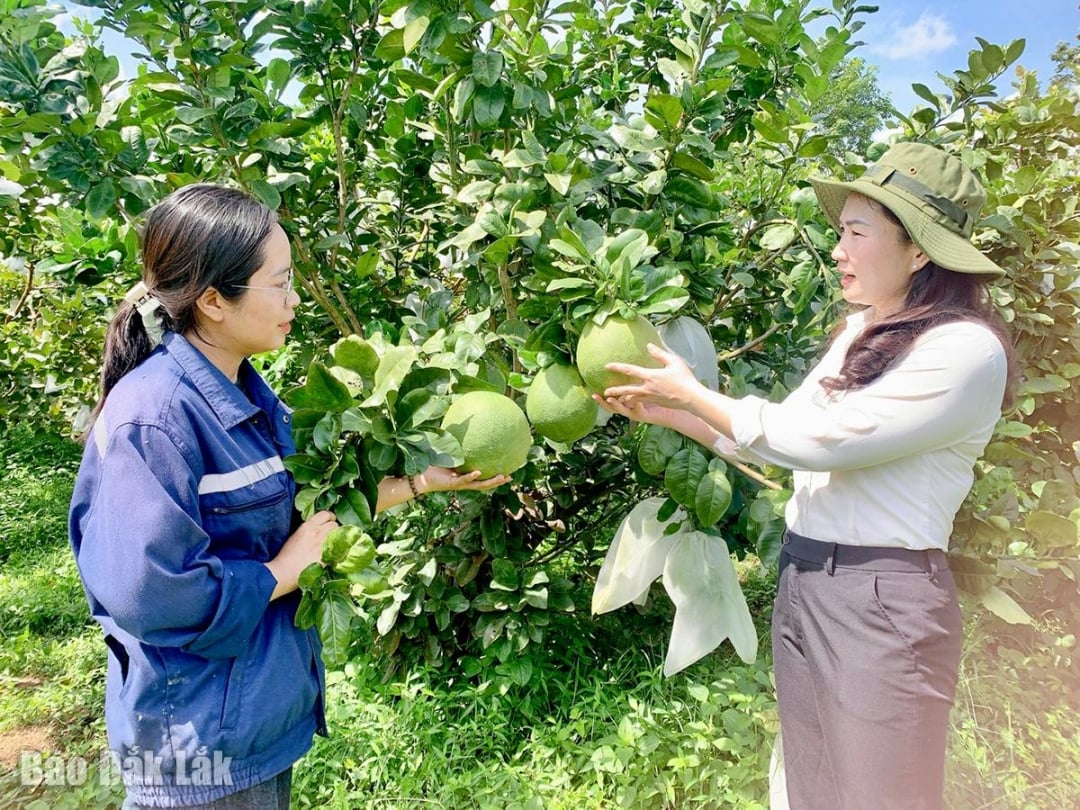 |
| Startup Nguyen Thi Bich (left) in village 7, Cu M'lan commune, Ea Sup district successfully started a business with a model of intercropping green-skinned pomelos with ruby guava. |
Many experts in the field of startups believe that Vietnam's agricultural sector still has a lot of room because this is an industry that is less affected by the trade war. Vietnamese agriculture has abundant, cheap raw materials, skilled workers, and reasonable costs, so it is highly competitive, especially in the deep processing sector. Meanwhile, the food and beverage service (F&B) business sector, despite many market difficulties, still attracts many investors. In fact, many F&B business models still have a large number of customers and continuously open new locations. These are the next suggestions for startups' entrepreneurial path in the near future.
According to the Provincial Business Association, Dak Lak is a locality with a large area of agricultural land, fertile land and suitable for many types of trees with high economic value. The agricultural sector is also a key economic sector playing an important role in the province's GDP. However, currently the province's agricultural products are mainly raw exports. Therefore, the agricultural sector is still a potential land for startups to research and develop projects.
Kha Le
Source: https://baodaklak.vn/kinh-te/202505/khoi-nghiep-thach-thuc-va-co-hoi-d1700b2/













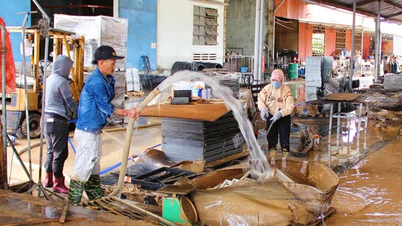

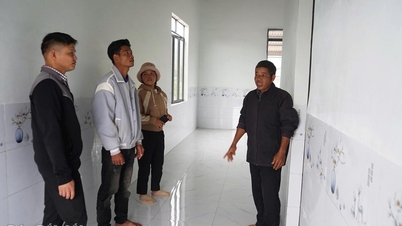






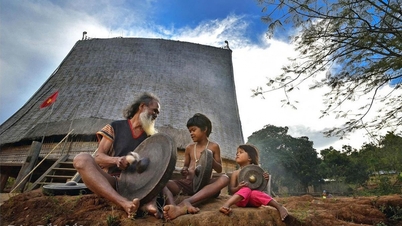

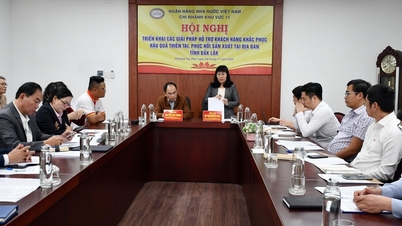

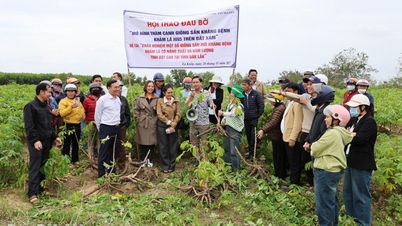
























































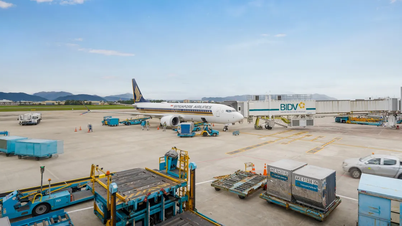


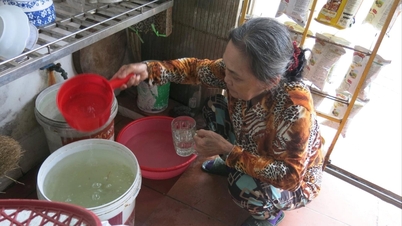
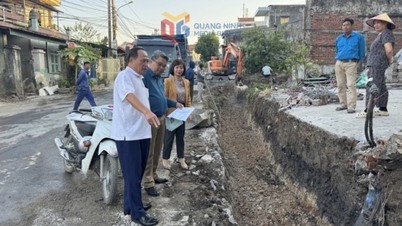

















Comment (0)